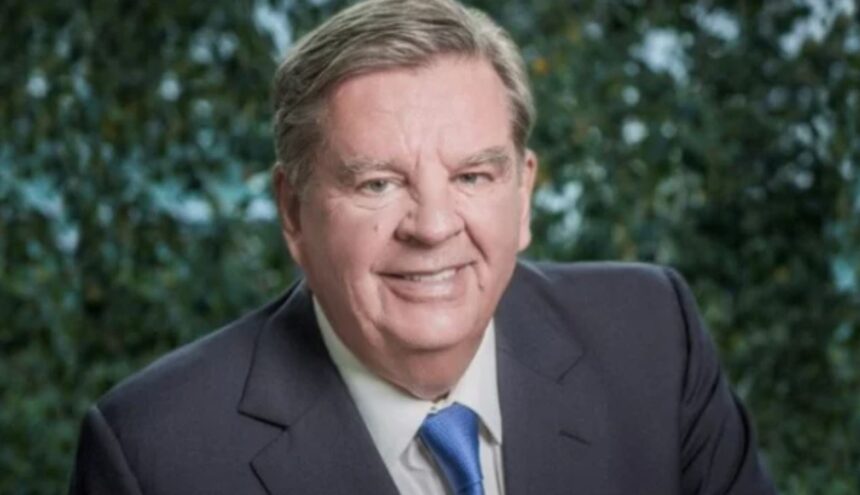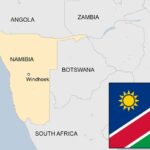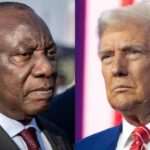The South African billionaire and chairman of Richemont, Johann Rupert, has surpassed Nigerian’s Aliko Dangote to become Africa’s richest person.
This is according to the Bloomberg Billionaires Index, which states that Rupert’s net worth now stands at $14.3 billion, overtaking Dangote’s $13.4 billion.
Rupert, chairman of luxury goods conglomerate, has gained $1.87 billion year-to-date, while Dangote lost approximately $1.69 billion. This shift in wealth relegated Dangote as the 160th richest person globally from his 145th position, according to Bloomberg’s ranking two weeks ago.
Last year, Forbes named Rupert Africa’s richest after the Nigerian naira experienced significant devaluation and a shift to a free-floating exchange rate.
- Advertisement -
This greatly affected Dangote, whose wealth is heavily tied to naira-denominated assets. The Dangote Group has faced production delays and other industrial issues at its refinery, exacerbated by the Nigerian naira’s steep depreciation. The currency has lost over 43% of its value this year, severely impacting Dangote’s net asset value.
Dangote’s losses are largely attributed to his exposure to the Nigerian naira, which has depreciated significantly since President Bola Tinubu partially lifted fuel subsidies and relaxed currency controls causing the naira to depreciate by about 70%.
In 2023, Dangote Industries Limited (DIL) reported a substantial foreign exchange loss of $1.07 billion. It also suffered from a recent downgrade by Fitch Ratings in addition to existing supply chain issues at its Nigerian refinery.
Despite these challenges, the Dangote Group aims to generate $30 billion in revenue by 2025, focusing on expanding its influence in the foreign exchange market.
Dangote plans to reduce the group’s reliance on the naira for currency supply. He also revealed plans to reduce his stake in the cement business, diversify revenue streams, and increase foreign exchange earnings.
- Advertisement -
By 2025, the group targets 90% of its revenue to come from foreign exchange earnings, underscoring its commitment to international expansion amidst Nigeria’s economic volatility.









